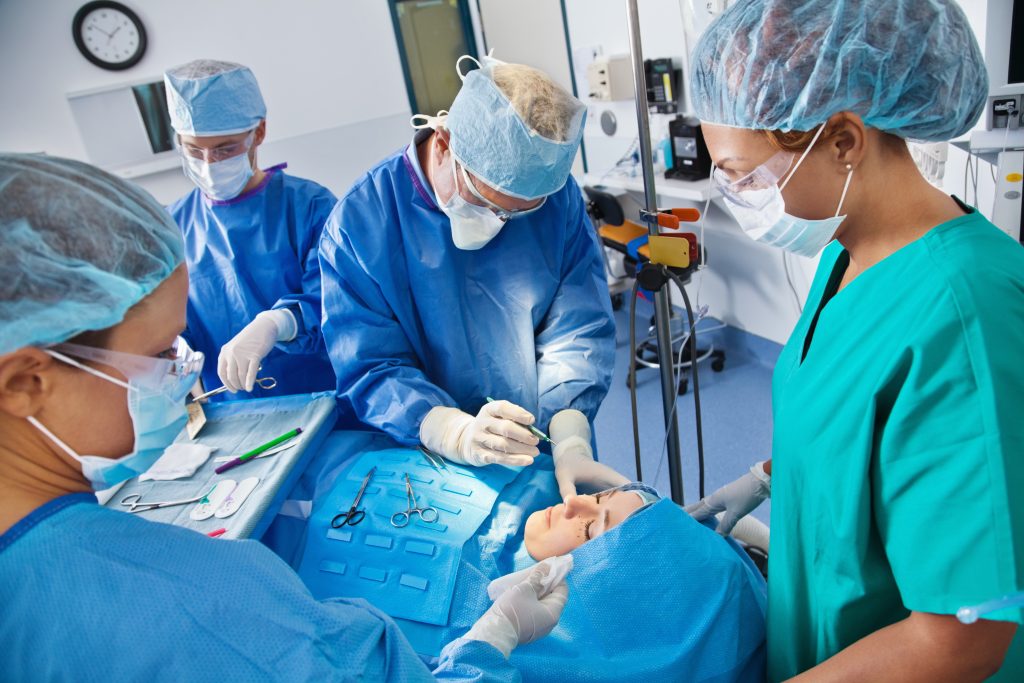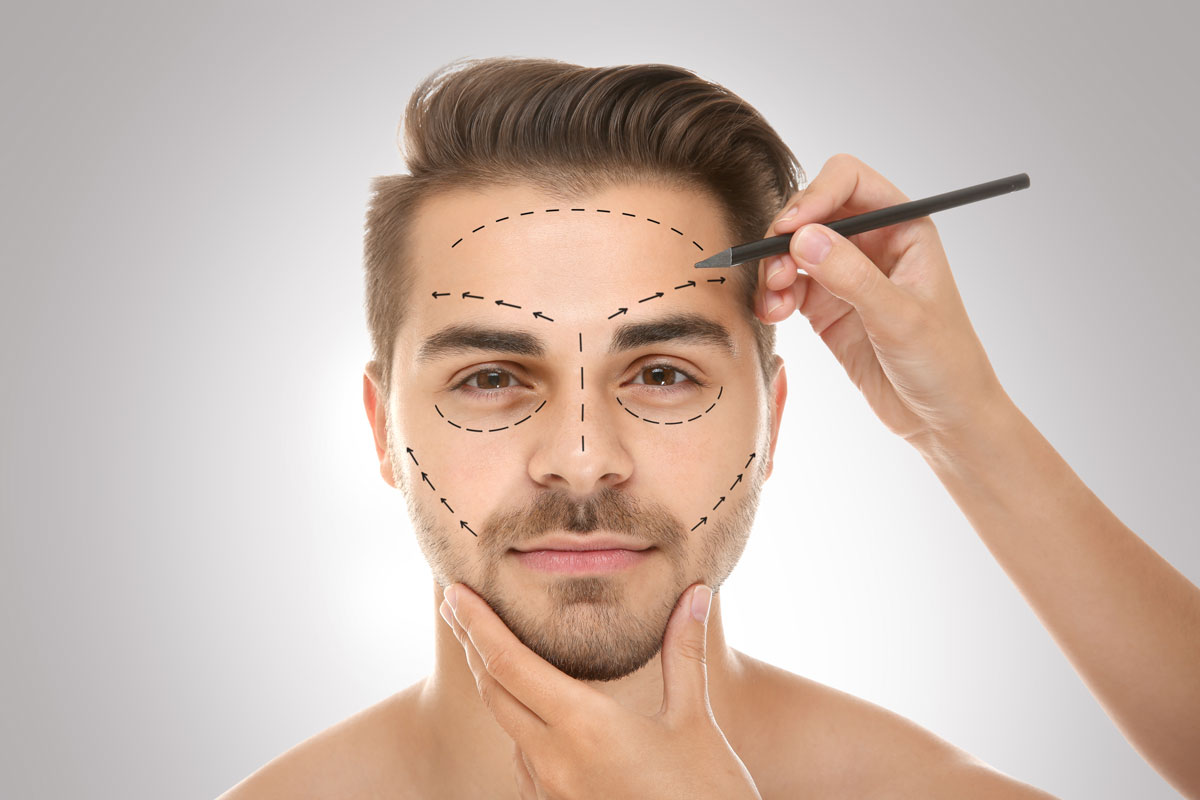Checking Out the Mental and Social Elements That Drive People to Take Into Consideration Cosmetic Surgical Treatment as a way of Enhancement
The decision to seek cosmetic surgery usually extends beyond mere appearances, linking with social and mental dynamics that merit complete assessment. Variables such as self-esteem, pervasive societal appeal standards, and the prevalent impact of social networks merge to shape private motivations for medical enhancement. As these influences end up being significantly prominent, comprehending the underlying social and emotional contexts is necessary. What stays to be explored is the profound influence these variables have not just on personal identification yet also on more comprehensive social norms and worths bordering appeal and approval.
The Function of Self-Esteem
Self-confidence substantially influences a person's decision to pursue plastic surgery. Individuals with low self-worth typically regard themselves in an unfavorable light, leading to feelings of inadequacy concerning their physical look. This unfavorable self-perception can drive them to look for surgical interventions as an approach of enhancing their self-image. The wish for improvement in one's appearance is frequently linked to an idea that such adjustments will elevate their total self-regard and self-confidence.

Ultimately, the function of self-worth in the decision-making procedure relating to cosmetic surgery highlights the complex interplay in between body photo, personal contentment, and mental health and wellness. Understanding this relationship is essential for medical care experts to guarantee that individuals are making informed decisions rooted in reasonable assumptions and psychological health.
Societal Appeal Standards
Influenced by prevalent media portrayals and social stories, social elegance standards play an important role in shaping individuals' perceptions of their own bodies. These standards are usually defined by an idyllic type of beauty that emphasizes traits such as youthfulness, proportion, and slimness. As these ideals are continued through different channels, consisting of television, advertising and marketing, and film, individuals often internalize these messages, resulting in dissatisfaction with their natural look.
The implications of these societal norms prolong past aesthetic choices; they can affect self-worth, mental health, and interpersonal relationships. People that regard themselves as falling short of these standards might experience feelings of inadequacy, motivating a desire for plastic surgery as a way of attaining social approval. This quest is frequently sustained by the belief that complying with these ideals will certainly enhance not just physical look however additionally social standing and personal fulfillment.

Impact of Social Media
The influence of societal charm criteria is additional magnified by the surge of social networks platforms, where curated images and idealized depictions of beauty are ubiquitous. Users are continuously revealed to filteringed system and edited photos, which frequently illustrate unattainable physical features. This direct exposure cultivates a society of comparison, leading individuals to analyze their very own look versus these typically unrealistic criteria.
Social media influencers and stars often promote aesthetic treatments, stabilizing the notion that surgical improvements are a sensible ways for attaining social perfects (plastic surgery rancho cucamonga). The exposure of these enhancements can create an understanding that undertaking plastic surgery is a conventional practice, therefore affecting people to take into consideration similar review treatments as a path to boosted self-confidence and social acceptance
Furthermore, the interactive nature of social media permits for prompt feedback via likes and comments, better enhancing the wish to adhere to popular beauty standards. Such communications can aggravate feelings of insufficiency and drive people towards cosmetic surgical treatment as a way of obtaining validation. Ultimately, social media plays a crucial duty in shaping perceptions of beauty, which considerably affects the decision-making processes surrounding plastic surgery.

Cultural Viewpoints on Appearance
Throughout various societies, perceptions of appearance are deeply rooted in historical, social, and economic contexts, shaping individuals' views on elegance and value. In lots of societies, look acts as a substantial pen of identification, influencing social condition, professional possibilities, and personal partnerships. For instance, in some cultures, light skin is typically related to wealth and opportunity, while others might idealize darker complexion as symbols of toughness and credibility.
Furthermore, standard appeal standards are often bolstered via social narratives, media representations, and family members affects, leading to differing ideals throughout different areas (plastic surgery rancho cucamonga). In Western societies, the focus on youth and fitness commonly drives individuals toward aesthetic improvement, while in certain Eastern cultures, more subtle adjustments aligned with standard looks might be chosen
Globalization and the expansion of electronic media have even more made complex these characteristics, producing a hybridization of elegance ideals that goes beyond geographical boundaries. As people progressively navigate these social narratives, the stress to satisfy particular appearance criteria can bring about the wish for plastic surgery, mirroring a complex interplay of individual ambitions and social worths. Recognizing these social perspectives is important in attending to the motivations behind plastic surgery factors to consider.
Psychological Influences of Cosmetic Surgery
Many individuals seeking cosmetic surgical procedure report experiencing extensive emotional impacts that can dramatically alter their self-perception and psychological wellness - plastic surgery rancho cucamonga. The wish for physical improvement typically stems from underlying issues such as reduced self-worth, body dysmorphic problem, or social pressures pertaining to elegance standards. For some, the prompt post-operative stage can bring about a momentary increase in confidence and satisfaction with their appearance, cultivating a feeling of empowerment
However, these positive sensations may not be sustaining. Research study indicates that while some patients experience enhanced self-esteem, others might deal with increased anxiousness or depression if their expectations are not met. This discrepancy more information can emerge from unrealistic ideals continued by media representation and social stories surrounding appeal.
In addition, the emotional ramifications of cosmetic surgery prolong past the individual. Relationships with household and close friends might be stressed as social dynamics change, bring about sensations of isolation or alienation. Inevitably, the emotional influences of cosmetic surgical treatment are complicated and multifaceted, needing cautious consideration by both prospective people and doctor to make sure educated decision-making and realistic expectations.
Verdict
In final thought, the choice to seek cosmetic surgical treatment is dramatically influenced by a combination of self-worth issues, societal elegance requirements, and cultural perspectives on appearance. The prevalent reach of social networks further exacerbates these stress, advertising impractical ideals that people typically aim to attain. Recognizing these emotional and social elements is necessary for dealing with the inspirations behind plastic surgery, highlighting the requirement for an extra nuanced conversation surrounding appeal and self-acceptance in contemporary society.
The decision to pursue cosmetic surgery typically extends beyond content mere looks, linking with social and emotional characteristics that warrant comprehensive evaluation. Eventually, social media plays a crucial function in shaping perceptions of beauty, which significantly impacts the decision-making processes bordering cosmetic surgical procedure.
As people significantly browse these social stories, the pressure to conform to particular look requirements can lead to the need for cosmetic surgery, reflecting an intricate interaction of social worths and personal goals.In final thought, the decision to seek cosmetic surgical treatment is dramatically affected by a mix of self-worth problems, societal elegance criteria, and social viewpoints on look. Recognizing these social and mental factors is essential for dealing with the motivations behind cosmetic surgery, highlighting the need for an extra nuanced conversation surrounding beauty and self-acceptance in contemporary culture.